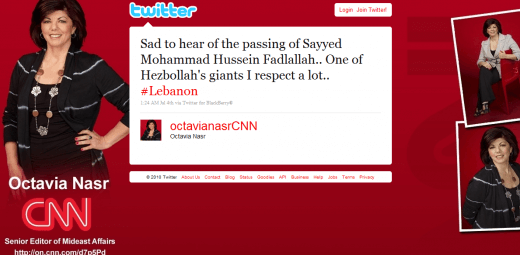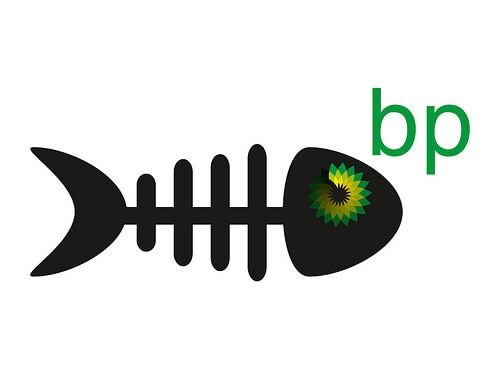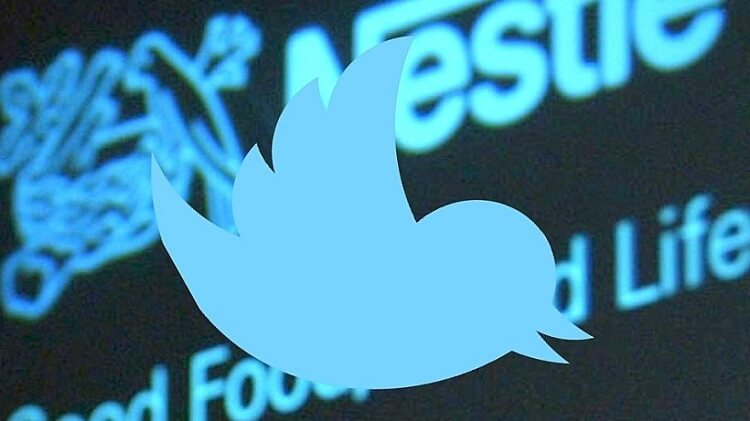Maybe 140 characters should not be used to comment on sensitive issues
Maybe 140 characters should not be used to comment on controversial or sensitive issues, especially those dealing with the Middle East.
CNN’s senior editor of Middle Eastern affairs, Octavia Nasr, was shown the door after sending a tweet that expressed respect for the Shiite Mohammed Hussein Fadlallah. Despite a lengthy explanation of her 140 character foot-in-mouth, CNN brass stood by their decision.
Octavia Nasr tried to explain what she meant by “respect,” and convey more fully the context behind her tweet, noting that Fadlallah took a “contrarian and pioneering stand among Shia clerics on woman’s rights.” However, in an internal memo SVP for CNN International Newsgathering Parisa Khosravi announced Nasr would be leaving the company as a result of her comments, citing that her credibility has been compromised.
The news organization has pretty clear guidelines about how its employees should represent themselves on Twitter, Facebook and other social media destinations.
The news organization’s policy was published on the blog of a terminated employee. The original post has the entire policy, but here are the highlights (all-caps emphasis is CNN’s):
UNLESS GIVEN PERMISSION BY CNN MANAGEMENT, CNN EMPLOYEES ARE TO AVOID TAKING PUBLIC POSITIONS ON THE ISSUES AND PEOPLE AND ORGANIZATIONS ON WHICH WE REPORT.
The best rule of thumb is, keep in mind whether what you are doing or saying is “in public.” In most cases, what you write online is public or can be made public.
CAN I COMMENT IN A CHAT ROOM?
It depends on what you’re commenting on. A chat room is, of course, a public place. If you identify yourself, or could in any way be identified, then you should not comment on anything CNN reports on. Remember, even though you don’t say who you are, someone else might reveal your identity. AND if you’re discussing things that are in the news, keep in mind you could be seen as representing CNN, and therefore you should not comment on the issues CNN covers.
HOW ABOUT MYSPACE, FACEBOOK OR OTHER SOCIAL NETWORKING SITES?
Again, on these sites only write about something CNN would not report on. Don’t list preferences regarding political parties or newsmakers that are the subject of CNN reporting. Local issues that CNN wouldn’t report on would be OK. And of course private communication with friends or family about issues that aren’t in the news is fine. If you are not sure, ask your supervisor or S&P for parameters on posting. (S&P contact info is listed below).
Also keep in mind that you should not be commenting or writing about what goes on in the workplace at CNN without specific approval by CNN senior managers. For example, in some cases there have and will be exceptions made to have some staff get information out to an outside audience on platforms like Twitter about our upcoming coverage plans.
But without those approved exceptions, your workplace activity is proprietary and so you should not be writing on these sites about what goes on behind the scenes here at CNN.
CAN I HAVE MY OWN WEBSITE OR BLOG?
Yes. But you should notify your supervisor about it, to have it cleared as a non-conflict for your work. Your supervisor may choose to then have it cleared at another level or by S&P. And again, you shouldn’t post commentary on anything you might cover in your work or CNN may report on, or write about the CNN workplace or post CNN material without permission by a senior CNN manager.
WHAT ABOUT POSTING LINKS TO OTHER WEBSITES, ARTICLES FROM OTHER PUBLICATIONS AND VIDEO FROM OTHER SOURCES?
Again, if your web activity clearly shows that you are taking a position on an issue CNN reports on or is likely to report on, you should avoid such activity.
In addition, you should not operate under an alias on your website or blog in order to participate in biased public behavior. Despite your use of an alias to express a view that may present a conflict of interest, it is still your opinion. Your real identity and occupation could be revealed by someone else at any point.
WHY SHOULDN’T I COMMENT ON NEWS OR CURRENT AFFAIRS?
Unless given permission to comment publicly on the issues or people we report on as a CNN analyst or commentator, it is important that you and all other CNN employees be independent and objective regarding the news and people that we cover.
If you publicly declare your preference for issues or candidates or one side or the other of the public policy issues CNN reports on, then your ability to be viewed as objective is compromised.
We appreciate that everyone has a life outside work and we encourage all of our employees to get involved with the issues that are important within their communities. That said, you need to avoid any appearance of bias or partiality. It’s just one of the responsibilities associated with working for a news organization.
The event may be a reminder that sometimes 140 characters is just not enough for expression, and that context is perhaps even important when tailoring your message for a mass audience on the viral web. Publishing is publishing, no matter the media used to broadcast. Each one has its strengths and weaknesses, whether it is a TV segment or a burst of 140 characters. We are, after all, in an age in which we consume media in multiple streams and channels.
Short URL & Title:
Better stick to corporate social media policies — http://www.torbenrick.eu/t/r/vlh
Share it:
If you enjoyed this article, please take 5 seconds to share it on your social network. Thanks!









About The Author
Torben Rick
Experienced senior executive, both at a strategic and operational level, with strong track record in developing, driving and managing business improvement, development and change management. International experience from management positions in Denmark, Germany, Switzerland and United Kingdom